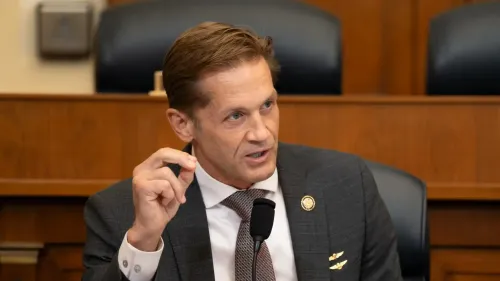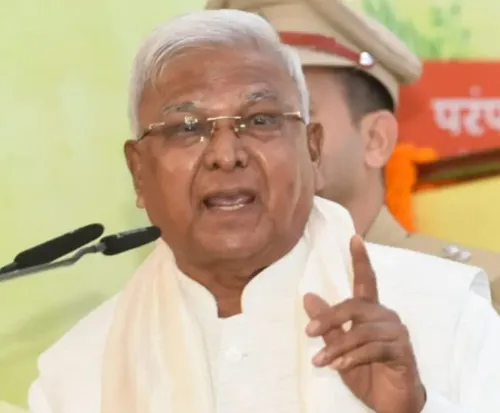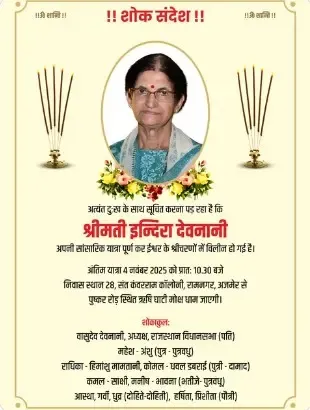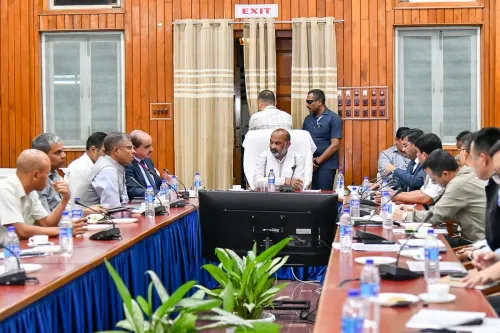Abu Azmi Criticizes Nitesh Rane’s Divisive Comments on Religion
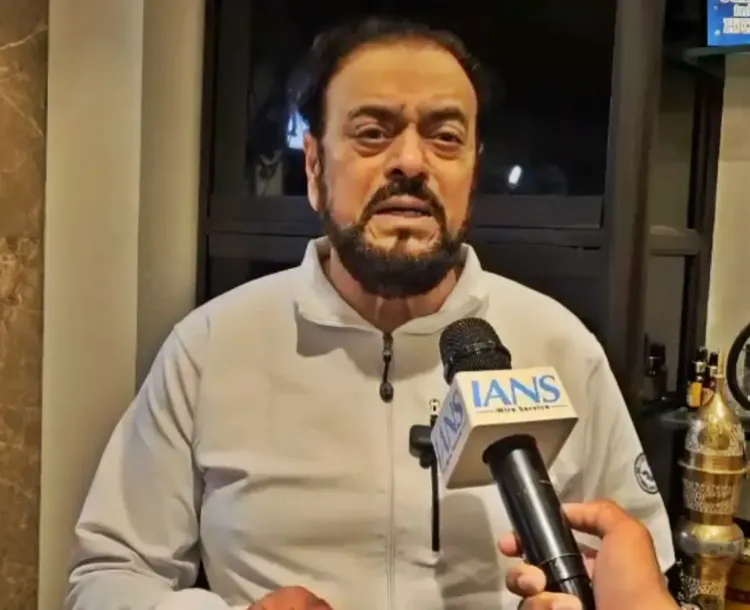
Synopsis
Key Takeaways
- Azmi condemned Rane's divisive remarks.
- Called for government accountability.
- Stressed India’s secularism and equal rights.
- Highlighted economic impacts of such rhetoric.
- Asserted the need to stop divisive politics.
New Delhi, April 26 (NationPress) In a robust response to the contentious remarks made by Maharashtra Minister Nitesh Rane, who suggested that Hindus inquire about the religion of shopkeepers before making purchases, SP Maharashtra chief Abu Asim Azmi condemned the statement and called for urgent action from both the state and the central government.
Speaking to IANS, Azmi remarked, "If an ordinary citizen had uttered such a statement, it would be classified as a criminal offense. Yet, here we have a minister who continually undermines the Constitution, and no action is taken against him."
The controversy arose in the wake of the recent terror incident in Pahalgam, which prompted Rane to make his inflammatory comment about Hindus verifying the religion of shopkeepers before engaging in commerce.
Abu Azmi expressed profound disappointment, cautioning that such divisive rhetoric poses a threat to the unity of India.
He stressed that India is a secular nation where every citizen, regardless of whether they are Hindu, Muslim, Sikh, or Christian, is entitled to equal rights under the Constitution.
Azmi stated, "All Muslims nationwide have denounced the Pahalgam attack; therefore, if a minister issues such a statement, appropriate action must be taken against him. The Constitution guarantees equal rights to everyone, irrespective of their religion."
He further urged, "The Chief Minister must enforce strict measures, and I also appeal to the Prime Minister. This individual repeatedly speaks against the Constitution. Why is he not held accountable?"
Azmi highlighted the potential economic and social repercussions of such remarks, saying, "25% of the nation’s revenue is generated by individuals working in Gulf countries, the majority of whom are Muslims. Do you want to jeopardize that as well?"
On the topic of communal harmony, Azmi referenced instances of solidarity in Kashmir.
"Hindus who have returned from Kashmir after the Pahalgam terror incident acknowledge they can never forget the generosity of the local populace. Kashmiris have sacrificed their lives for their Hindu compatriots, so who are you to question their loyalty or humanity?"
He also criticized the political agendas underlying such statements: "This is merely vote-bank politics. Humanity takes precedence over everything. If you appoint individuals like this as ministers solely for votes, then let the votes be damned; humanity is far more important."
"The situation has escalated too much. It’s time to put an end to this. People who make such statements should not be given platforms; they are separatists masquerading as leaders," he concluded.

